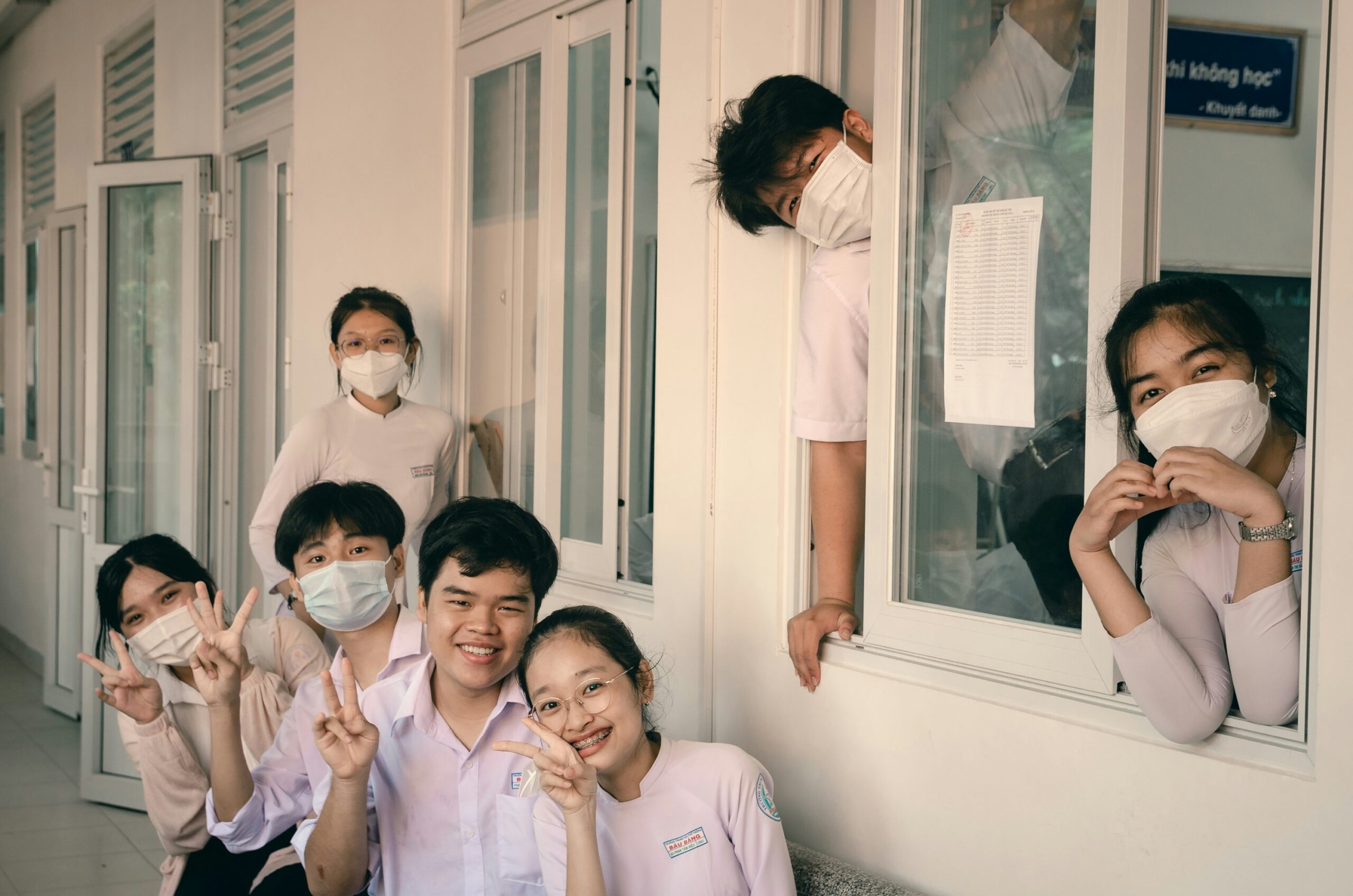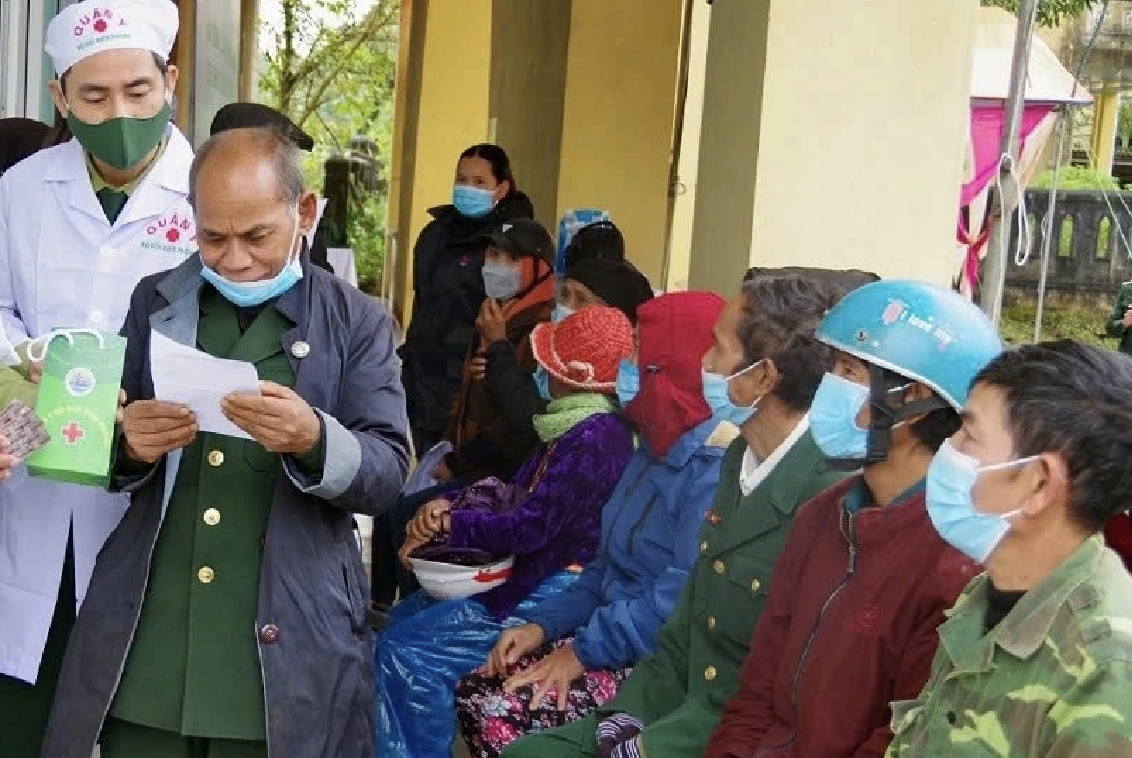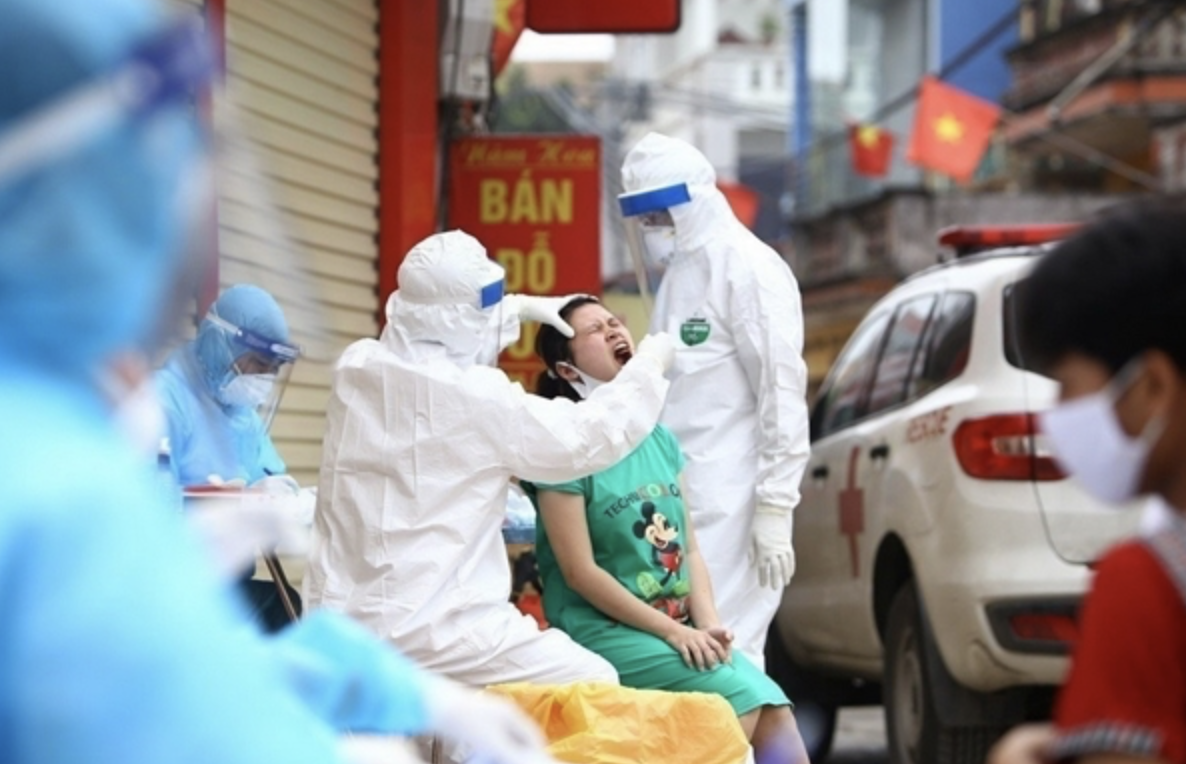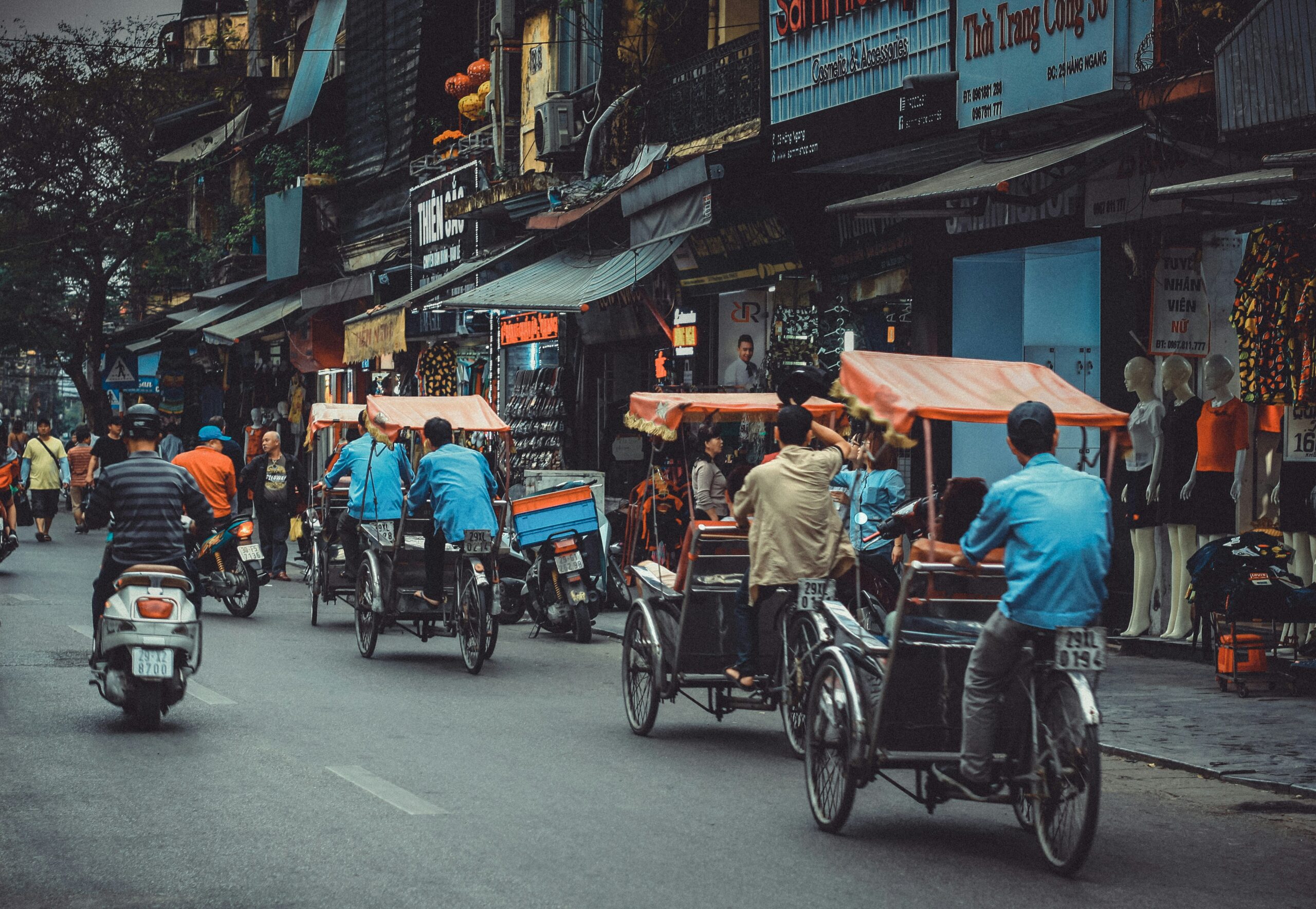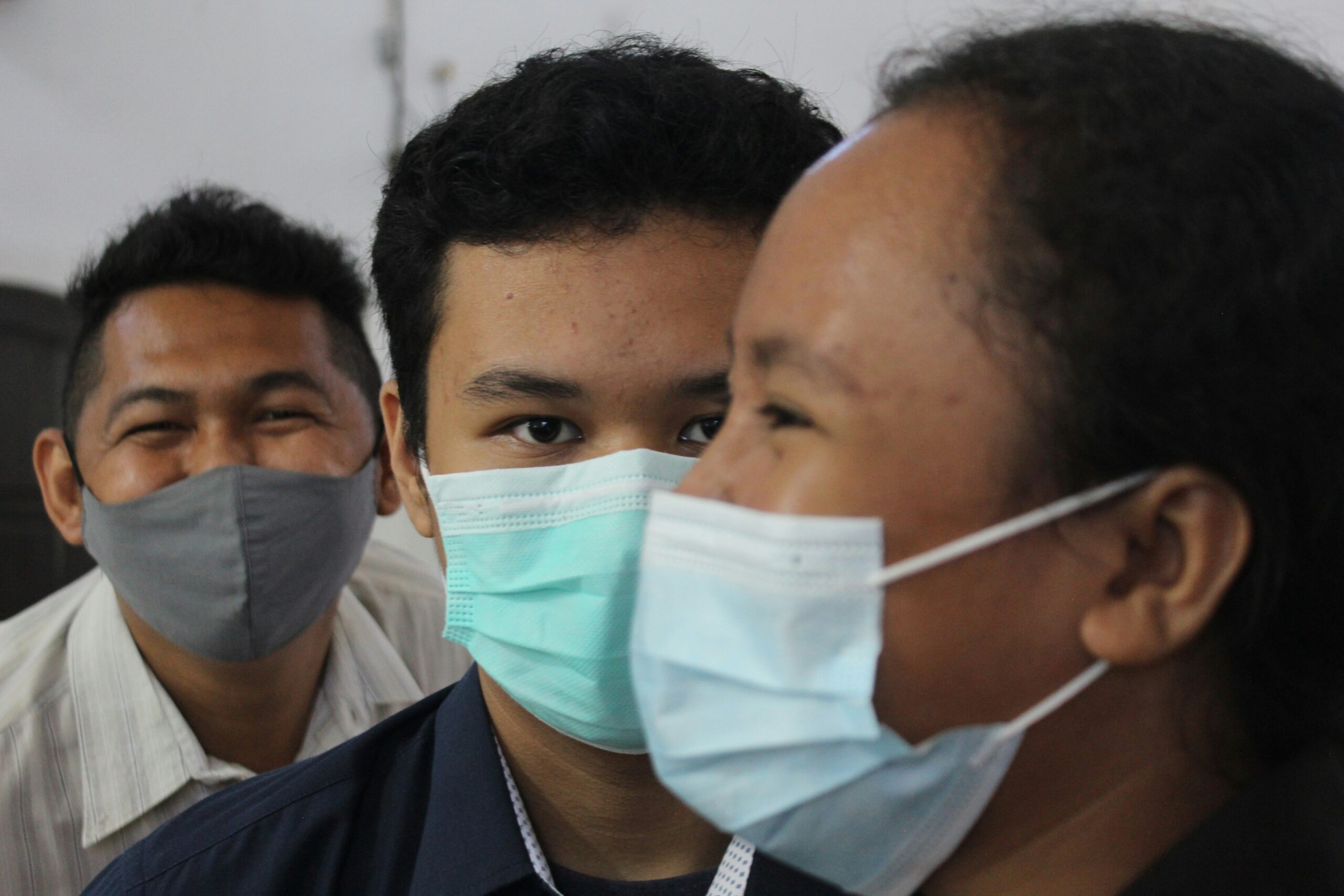Vietnam’s Resolution 72 charts major healthcare reforms, shifting focus to prevention and primary care. By 2030, commune stations will be fully staffed, essential costs covered by insurance, and digital health expanded. Incentives, training, and ethics aim to build a fair, sustainable, people-centred system.
Resolution 72 of the Communist Party of Việt Nam sets out a comprehensive vision to transform the country’s healthcare system, reflecting decades of consistent attention by the Party and State to public health. It aims to ensure equitable, high-quality healthcare for all citizens and places healthcare firmly within national development policy. Despite achievements, the sector still faces limitations, requiring breakthroughs in thinking, structures and practice. Party General Secretary Tô Lâm, Prime Minister Phạm Minh Chính and senior leaders have called for fundamental reform, with Resolution 72 emphasising innovation, prevention, and strengthened primary care.
A key thrust is the shift from treatment to prevention, making preventive medicine and grassroots health stations the foundation of healthcare delivery. By 2030, every commune-level station will be staffed according to official standards, aided by preferential policies for doctors and midwives in underserved areas. From 2025, at least 1,000 doctors will be seconded annually to communes, with permanent staffing gradually scaled up. Training is prioritised, with new programmes for doctors dedicated to remote, border and island regions, alongside expansion of regional medical schools.
Infrastructure and equipment will also be upgraded. All commune health stations will be provided with essential facilities, medicines and vaccines, while domestic vaccine production will be expanded both to secure immunisation programmes and prepare for emerging diseases. Financially, grassroots services will remain primarily state-funded, with social contributions supplementing resources for disadvantaged groups and specialised services such as psychiatry and emergency care.
Perhaps the most widely anticipated policy is the “free hospital fees” initiative. By 2030, essential healthcare costs will be covered through health insurance, with citizens entitled to at least one free annual check-up starting in 2026. The state and insurance funds will cover basic health services, particularly for vulnerable groups, while co-payment will apply to non-essential or high-demand treatments to ensure both fairness and efficiency. This approach establishes universal health insurance as the backbone of financial protection, reducing out-of-pocket payments, enabling earlier detection of disease and ensuring risks are shared equitably across society. It reflects a humane and people-centred healthcare policy, though not an unlimited free system.
Resolution 72 also recognises healthcare workers as the backbone of reform. Breakthrough policies are planned for training, ethics and incentives. Investments will be poured into high-quality medical schools, with scholarships for students committing to grassroots service. Preferential salary scales will apply to preventive medicine professionals, while hardship allowances of up to 100 percent will be offered to those working in the most disadvantaged regions. The resolution also emphasises strengthening medical ethics and improving working conditions to enhance job satisfaction, with new standards linking management and remuneration to patient service quality.
Implementation will be guided by strong leadership and political will. The Ministry of Health is preparing new legislation on population, disease prevention, food safety, medical devices and traditional medicine, as well as decrees on healthcare worker training and allowances. Flagship projects from 2026 to 2035 will cover pre-hospital emergency care, specialised health centres, medical tourism, vaccination programmes and nationwide digitalisation. Electronic health records and an integrated health database will modernise service delivery, while communication campaigns will mobilise citizen participation.
Resolution 72 thus marks a decisive turning point in Việt Nam’s healthcare journey. By addressing human resources, infrastructure, financing, preventive medicine and digital transformation, the policy seeks to unlock systemic bottlenecks. With strong Party and State commitment, broad social consensus and effective implementation, it sets Việt Nam on a path toward a healthier, longer-living population and a fair, sustainable, and modern healthcare system by 2030 and beyond.

